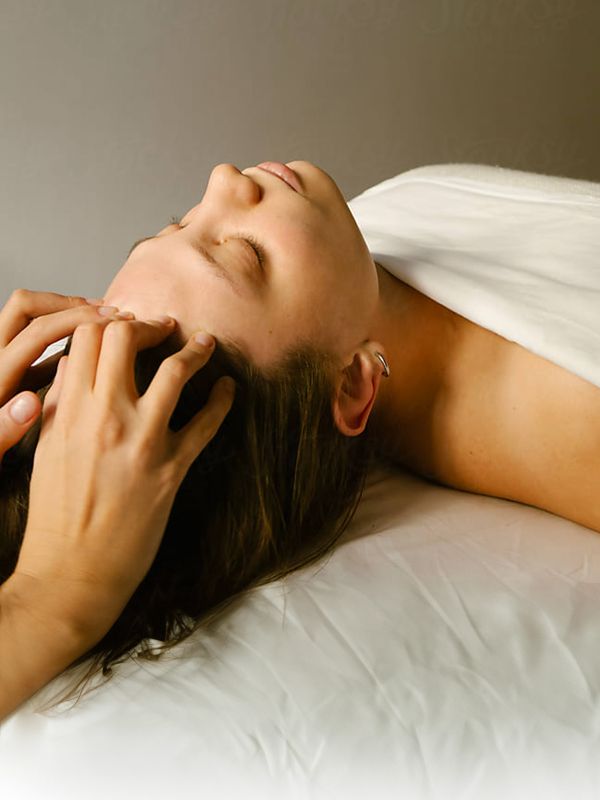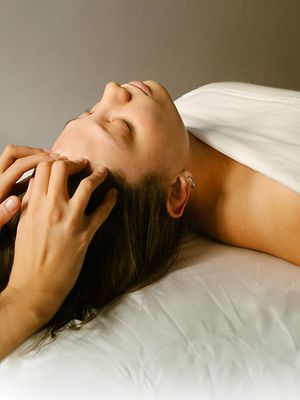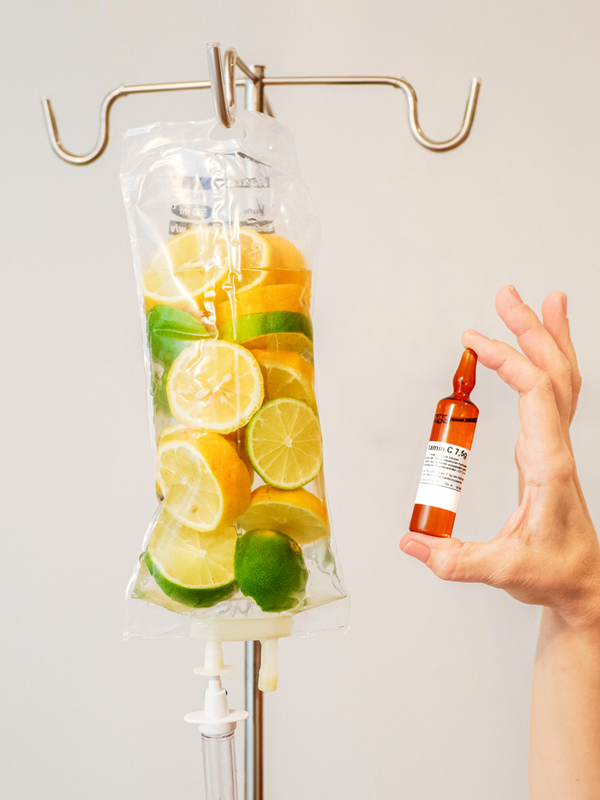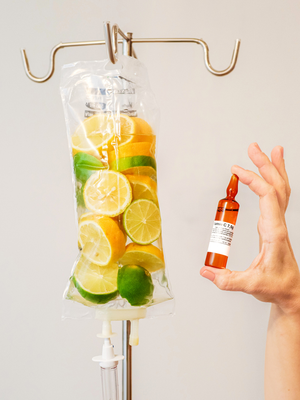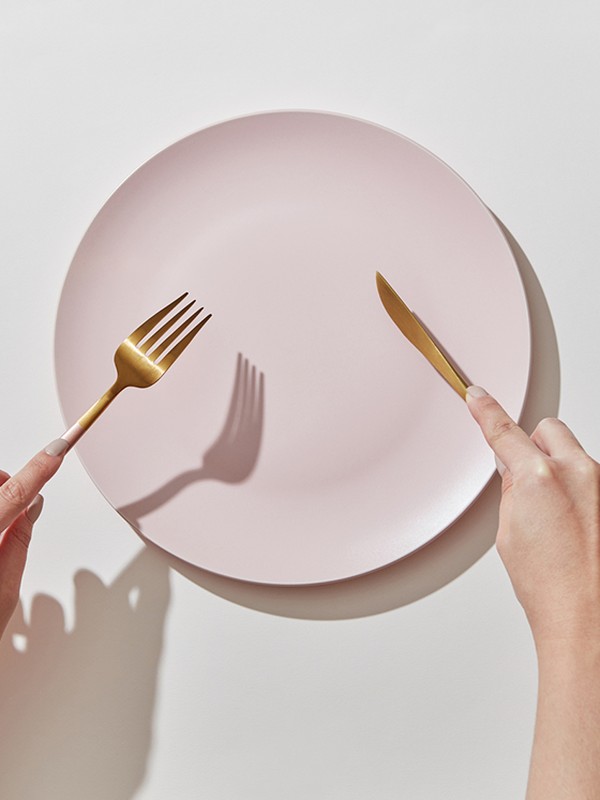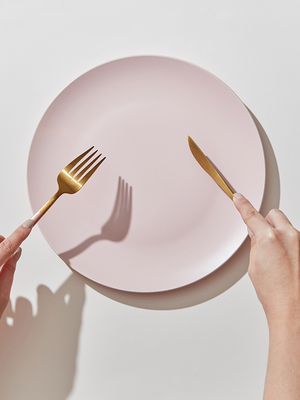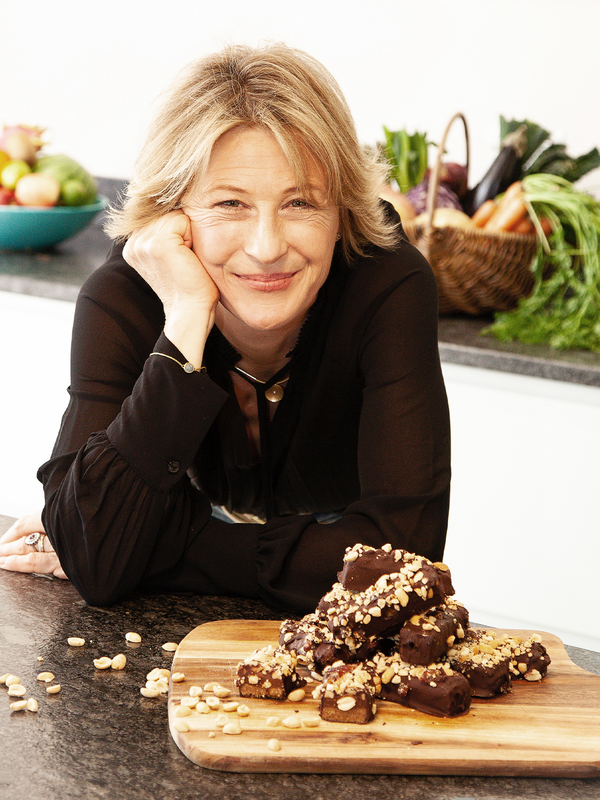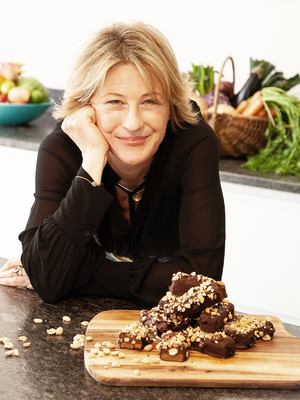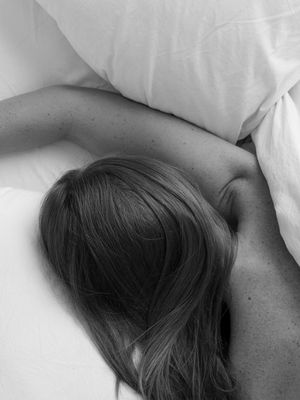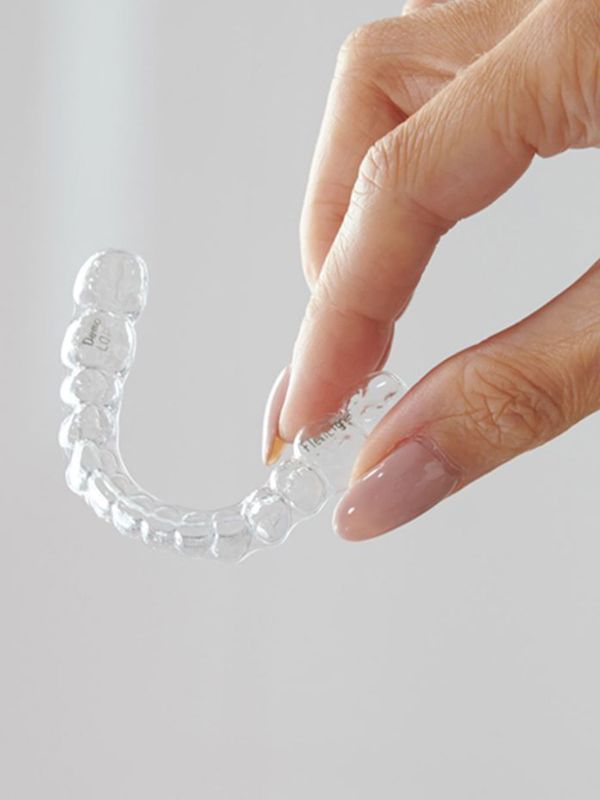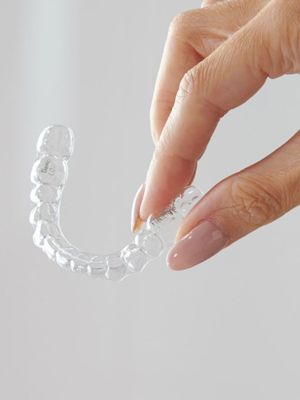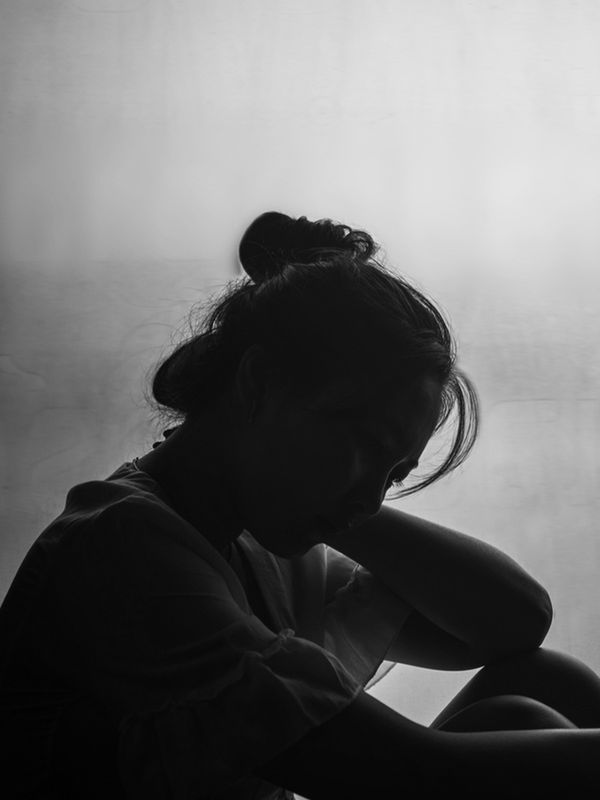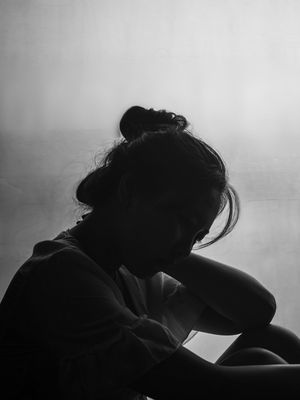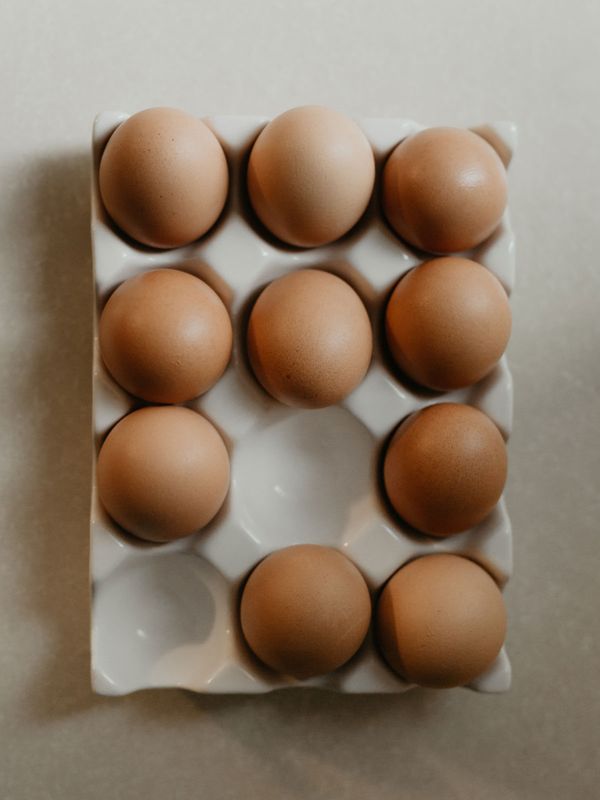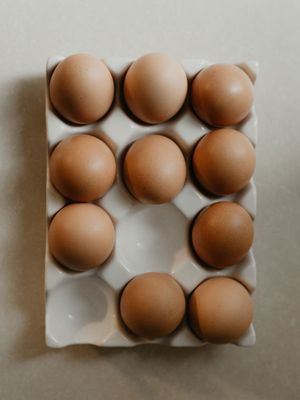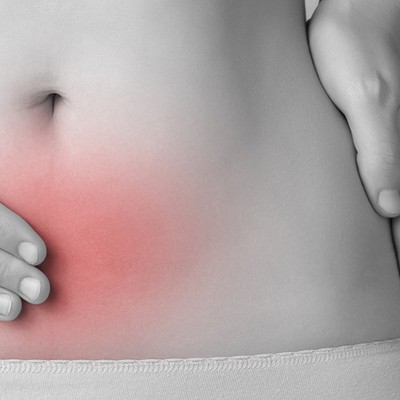
11 Facts To Know About Endometriosis
It Doesn’t Just Affect Your Uterus
Endometriosis is an inflammatory and hormonal condition whereby the tissue which normally lines the uterus can be found growing in other locations in the body. The most common place is inside the abdominal cavity, where it can land on a thin layer of tissue called the peritoneum, which covers the intestines, bladder, ovaries and fallopian tubes. Just like the uterine lining during your monthly cycle, this misplaced tissue is triggered to shed by the hormonal changes which trigger your period, and this causes this tissue to bleed too. This blood is irritating to nerves in the abdomen, causing intense pain.
The Condition Is Surprisingly Common
Endometriosis affects 10% of British women. GPs and holistic practitioners are treating increasing amounts of women who have been diagnosed with the condition, but this doesn’t necessarily mean the condition is on the rise. Rather, it’s more likely knowledge of the condition which is growing, prompting more women to ask their GP to investigate symptoms they may have previously brushed off – heavy periods with lots of cramping, painful sex, bloating and tummy issues which get worse around your period.
Diagnosis Is Tricky
As nutritional therapist Henrietta Norton – who was diagnosed with endometriosis in 2006 – explains, it takes on average seven-and-a-half years to receive a diagnosis. “Endometriosis has slipped under the radar in the health world and isn’t a priority for researchers and little funding is dedicated to the condition. Unlike conditions like PCOS, where you can diagnose via blood tests and scans, the diagnosis for endometriosis is through a surgical procedure called a laparoscopy. Other factors which affect diagnosis length include the fact that many women don’t understand symptoms like bowel and bladder problems can be linked to the condition too,” she says.
There's A Possible Gut Connection
Simone Rofena, deputy medical director at the Zita West Clinic, believes there is a strong connection between endometriosis and gut health. “Studies have shown there are unique bacteria in the female reproductive tract. Interestingly, the gut microbiome influences oestrogen metabolism and oestrogen affects the gut microbiome. Considering endometriosis is linked to oestrogen dominance, an imbalance in the gut could exacerbate the condition,” she explains. Henrietta advises including fermented foods into your diet on a daily basis, such as organic yoghurt and kefir.
Acupuncture Could Be Worth A Try
Simone believes holistic therapies like acupuncture can reduce the severity of endometriosis symptoms. “A 2017 review found acupuncture can reduce pain from the condition along with the blood level of CA-125, a protein associated with the disease. Other research shows acupuncture promotes relaxation, which can reduce the muscle tension and stress that come with chronic pain,” she says.
Decreasing Your Toxic Load Is Vital
Toxins are increasingly prevalent in our day-to-day-lives and are putting a burden on our bodies’ natural detoxification process, explains Henrietta. “Many of these toxins either mimic oestrogen or are endocrine disruptors, meaning they can worsen endometriosis. Try to reduce your exposure to environmental toxins by being mindful of household cleaning products and beauty products; cutting down on plastic use and avoiding re-heating food in plastic; and supporting your liver so it can properly deal with unwanted chemicals.”
It Pays To Stay Active
“Exercise is crucial for optimal wellbeing, but even more so for those with endometriosis,” says Henrietta. “It encourages circulation to the pelvic area and balances hormone production. Getting the blood circulating also encourages the optimum functioning of the bowels, which is important for eliminating waste products, including excess oestrogen. Exercise also increases endorphins and supports a good mood, which is key when endometriosis can make some women feel low or even depressed.”
Dietary Changes Can Help
A diet that is anti-inflammatory and high in fibre can significantly reduce the severity of common endometriosis symptoms. As Henrietta explains, research shows women who eat green vegetables 13 times or more per week (roughly twice per day) are 70% less likely to have endometriosis. A separate study published earlier this year revealed carotenoid-rich foods, especially citrus fruit, can also help. Henrietta also recommends increasing your intake of essential fats, which can reduce inflammation – so eat plenty of nuts, seeds and oily fish. “Try to cut back on processed oils and margarines as well as white flour, sugar, monounsaturated fats and excessive animal produce, as these can block the body’s use of essential fatty acids,” Henrietta adds.
Reducing Caffeine & Alcohol Is Worth It
Henrietta advises caution when it comes to coffee, which she says can trigger the production of stress hormones, which can in turn wreak havoc with levels of the hormone progesterone. Some studies suggest women who consume more than 225mg of caffeine per day (equivalent to a couple of flat whites) have a 60% increased risk of developing endometriosis. “Caffeine does have some health properties as it contains antioxidants but drinking it constantly throughout the day for an artificial energy kick is when problems arise,” she says. Henrietta also advises those suffering from endometriosis to cut back on alcohol, which can put an extra burden on the liver, already working hard to process excess oestrogen, and disrupt blood sugar balance.
Supplements Are Key
Henrietta is a strong advocate of taking supplements if you suffer from the condition. “Studies show taking ashwagandha, an adaptogen, can reduce symptoms by up to 79% in just eight weeks. The most researched form of ashwagandha is organic KSM-66, so keep an eye out for this when buying a supplement. Turmeric powder has also been proven to help with inflammation and as an antioxidant it can repair damage from endometrial adhesions and scar tissue. Try taking 400-600mg of turmeric powder two to three times per day and use as much as you can in your cooking too,” she advises.
When In Doubt, Find An Expert
If you are struggling with your GP, it’s worth knowing there are consultant gynaecologists who specialise in endometriosis, Henrietta says. “If you’re looking for a nutritionist, physio or fertility expert, it’s worth looking for a specialist as it is such a complex and multi-factorial condition.”
For more information on the condition, causes and treatment, visit endometriosis-uk.org. Take Control Of Your Endometriosis by Henrietta Norton is available from Amazon; to book an appointment with Henrietta visit WildNutrition.com and to book a consultation with Simone, visit ZitaWest.com.
DISCLAIMER: We endeavour to always credit the correct original source of every image we use. If you think a credit may be incorrect, please contact us at info@sheerluxe.com.




